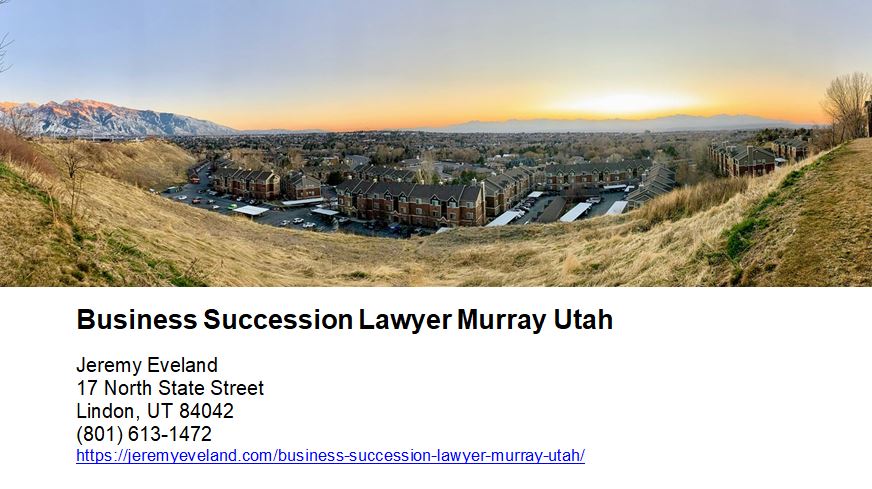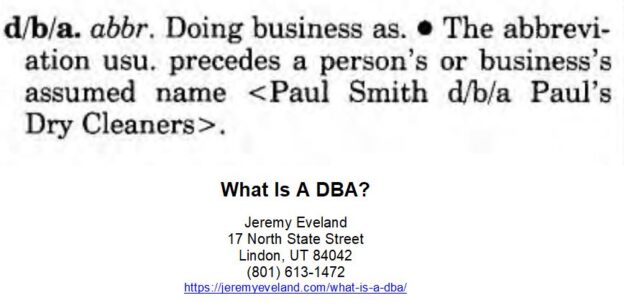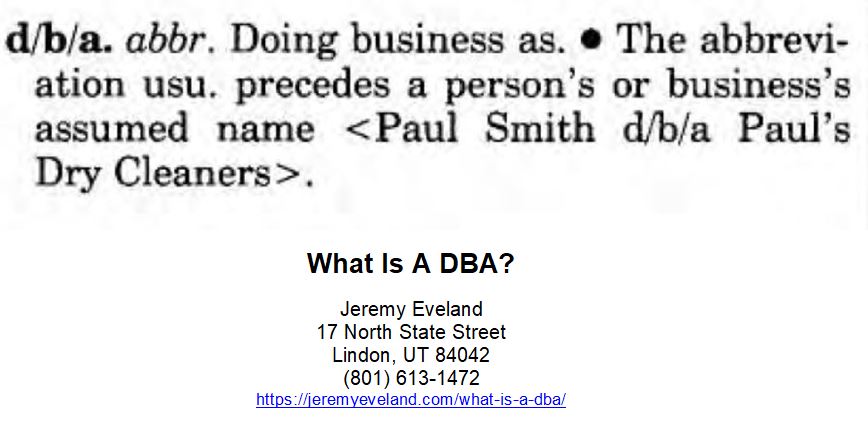Business Credit
-
Legal Topics About Business Credit
“Unlock Your Business Potential with Business Credit”
Introduction
Business credit is an important tool for businesses of all sizes. It allows businesses to access capital, purchase goods and services, and build a credit history. Business credit is different from personal credit in that it is based on the financial performance of the business, rather than the personal credit history of the business owner. Establishing and maintaining a good business credit score can help businesses access better terms and rates from lenders, suppliers, and other vendors. It can also help businesses secure financing for growth and expansion. This guide will provide an overview of business credit and how to establish and maintain a good business credit score.
How to Monitor and Improve Your Business Credit Score Over Time
Maintaining a good business credit score is essential for any business. A good credit score can help you secure financing, get better terms on loans, and even help you get better rates on insurance. It is important to monitor and improve your business credit score over time to ensure that your business is in good standing. Here are some tips to help you monitor and improve your business credit score over time.
1. Monitor Your Credit Reports Regularly: It is important to regularly monitor your business credit reports to ensure that all the information is accurate and up-to-date. You can get free copies of your business credit reports from the three major credit bureaus: Experian, Equifax, and TransUnion. Review your reports for any errors or discrepancies and contact the credit bureau to have them corrected.
2. Pay Your Bills On Time: One of the most important factors in determining your business credit score is your payment history. Make sure to pay all of your bills on time to avoid any negative marks on your credit report.
3. Keep Your Credit Utilization Low: Your credit utilization ratio is the amount of credit you are using compared to the amount of credit available to you. It is important to keep your credit utilization ratio low, as a high ratio can negatively impact your credit score.
4. Monitor Your Credit Score: It is important to monitor your business credit score over time to ensure that it is improving. You can get free copies of your business credit score from the three major credit bureaus.
5. Dispute Any Errors: If you find any errors on your credit report, it is important to dispute them as soon as possible. Contact the credit bureau to have the errors corrected and your credit score improved.
By following these tips, you can monitor and improve your business credit score over time. A good credit score is essential for any business, so it is important to take the necessary steps to ensure that your business is in good standing.
How to Use Business Credit Cards to Maximize Rewards
Using business credit cards to maximize rewards is a great way to save money and increase your business’s bottom line. By taking advantage of the various rewards programs offered by credit card companies, you can earn cash back, points, and other rewards that can be used to purchase items for your business or to reduce your business’s expenses. Here are some tips for using business credit cards to maximize rewards:
1. Choose the right card. Before you apply for a business credit card, make sure you understand the rewards program associated with it. Different cards offer different rewards, so make sure you select one that best fits your business’s needs.
2. Use the card for all business purchases. To maximize rewards, use your business credit card for all business purchases. This will ensure that you are earning the most rewards possible.
3. Pay off the balance in full each month. To avoid paying interest and other fees, make sure you pay off the balance in full each month. This will also help you maximize rewards since you won’t be paying interest on purchases.
4. Take advantage of bonus offers. Many business credit cards offer bonus offers for signing up or for spending a certain amount of money within a certain period of time. Make sure you take advantage of these offers to maximize rewards.
5. Track your rewards. Make sure you keep track of your rewards so you know how much you’ve earned and how you can use them. This will help you maximize rewards and ensure that you’re getting the most out of your business credit card.
By following these tips, you can use your business credit card to maximize rewards and save money. With the right card and the right strategy, you can make the most of your business credit card and increase your business’s bottom line.
The Benefits of Having a Business Credit Card
Business credit cards offer a range of benefits to business owners. They can help to streamline expenses, provide access to rewards and discounts, and help to build business credit.
Streamlined Expenses
Business credit cards can help to streamline expenses by providing a single source for tracking and managing business expenses. This can help to simplify the process of tracking and reconciling expenses, making it easier to manage cash flow and budgeting. Business credit cards also provide detailed reporting, which can be used to track spending and identify areas where costs can be reduced.
Rewards and Discounts
Business credit cards often offer rewards and discounts that can help to reduce business expenses. These rewards can include cash back, airline miles, and discounts on business-related purchases. Business credit cards can also provide access to exclusive offers and discounts from vendors, which can help to reduce costs.
Building Business Credit
Business credit cards can help to build business credit. This can be beneficial for businesses that need to access financing or secure better terms from vendors. Business credit cards can also help to establish a positive payment history, which can help to improve a business’s credit score.
Overall, business credit cards offer a range of benefits to business owners. They can help to streamline expenses, provide access to rewards and discounts, and help to build business credit. For these reasons, business credit cards can be a valuable tool for businesses of all sizes.
Understanding Your Business Credit Score
Your business credit score is an important indicator of your company’s financial health. It is used by lenders, suppliers, and other businesses to assess your creditworthiness and determine whether to extend credit to your business. Understanding your business credit score is essential for managing your company’s financial health and improving your creditworthiness.
Your business credit score is based on a variety of factors, including your payment history, the amount of credit you have available, the length of your credit history, and the types of credit you use. Payment history is the most important factor in determining your business credit score. It is important to pay your bills on time and in full to maintain a good credit score.
The amount of credit you have available is also important. Having a high credit limit can help improve your credit score, but having too much credit can hurt it. It is important to maintain a balance between having enough credit to meet your needs and not having too much that it could negatively affect your score.
The length of your credit history is also important. The longer your credit history, the more reliable your score will be. It is important to maintain a consistent credit history over time to ensure that your score is accurate.
Finally, the types of credit you use can also affect your score. It is important to use a variety of credit types, such as credit cards, loans, and lines of credit, to demonstrate that you can manage different types of credit responsibly.
By understanding your business credit score, you can take steps to improve it and ensure that your company is in good financial health. Paying bills on time, maintaining a balance between available credit and credit limits, and using a variety of credit types can all help to improve your score. Taking these steps can help you secure better terms from lenders and suppliers and ensure that your business is in a strong financial position.
How to Establish Good Business Credit
Establishing good business credit is essential for any business that wants to succeed. Good business credit can help you secure financing, get better terms on loans, and even help you get better rates on insurance. Here are some tips to help you establish good business credit:
1. Pay Your Bills on Time: One of the most important things you can do to establish good business credit is to pay your bills on time. Late payments can have a negative impact on your credit score, so make sure you pay your bills on time.
2. Monitor Your Credit Report: It’s important to monitor your business credit report regularly. This will help you identify any errors or inaccuracies that may be affecting your credit score.
3. Establish a Business Credit Profile: You should establish a business credit profile with the major credit bureaus. This will help you build a positive credit history and will make it easier for lenders to assess your creditworthiness.
4. Use Credit Wisely: When using credit, make sure you use it responsibly. Don’t overextend yourself and make sure you pay your bills on time.
5. Get a Business Credit Card: Getting a business credit card can help you establish a good credit history. Make sure you use the card responsibly and pay your bills on time.
By following these tips, you can establish good business credit and help your business succeed. Good business credit can open up a world of opportunities for your business, so make sure you take the time to build a strong credit history.
Business Credit and Business Law
Business credit is a form of financing that allows businesses to purchase goods and services without having to pay for them upfront. It is a form of short-term financing that can be used to cover expenses such as inventory, supplies, and equipment. Business credit is typically extended by banks, credit unions, and other financial institutions.
Business credit is based on the creditworthiness of the business, which is determined by the business’s financial history, credit score, and other factors. Businesses must have a good credit score and a solid financial history in order to qualify for business credit. Businesses must also demonstrate that they have the ability to repay the loan.
Business credit is an important tool for businesses, as it allows them to purchase goods and services without having to pay for them upfront. It also allows businesses to manage their cash flow more effectively, as they can purchase items when they need them and pay for them over time.
Business law is the body of law that governs the formation, operation, and dissolution of businesses. It includes laws related to contracts, torts, property, and other areas of business. Business law also covers topics such as corporate governance, intellectual property, and labor law.
Business law is an important part of the legal system, as it helps to ensure that businesses are operating in a fair and legal manner. It also helps to protect the rights of businesses and their customers.
Business law is complex and can be difficult to understand. It is important for businesses to consult with a qualified attorney when dealing with legal matters. An attorney can provide advice on how to comply with the law and ensure that businesses are operating in a legal and ethical manner.
Q&A
1. What is business credit?
Business credit is a type of credit that is extended to businesses, rather than individuals. It is used to finance business operations, such as purchasing inventory, equipment, and other business-related expenses.
2. How is business credit different from personal credit?
Business credit is different from personal credit in that it is based on the creditworthiness of the business, rather than the individual. Business credit is also typically more difficult to obtain than personal credit, as lenders may require additional information about the business before extending credit.
3. What are the benefits of having good business credit?
Having good business credit can help businesses secure financing for their operations, as lenders are more likely to extend credit to businesses with good credit histories. Good business credit can also help businesses secure better terms and lower interest rates on loans.
4. What are the risks of having bad business credit?
Having bad business credit can make it difficult for businesses to secure financing, as lenders may be unwilling to extend credit to businesses with poor credit histories. Additionally, businesses with bad credit may be charged higher interest rates on loans, making it more difficult to manage their finances.
5. How can businesses build and maintain good business credit?
Businesses can build and maintain good business credit by paying their bills on time, keeping their debt levels low, and regularly monitoring their credit reports. Additionally, businesses should strive to maintain a good relationship with their creditors by communicating openly and promptly addressing any issues that arise.
6. What are the consequences of not managing business credit responsibly?
Not managing business credit responsibly can lead to higher interest rates on loans, difficulty securing financing, and damage to the business’s reputation. Additionally, businesses that fail to manage their credit responsibly may be subject to legal action from creditors.
Business Credit Consultation
When you need legal help with business credit, call Jeremy D. Eveland, MBA, JD (801) 613-1472 for a consultation.
Jeremy Eveland
17 North State Street
Lindon UT 84042
(801) 613-1472
Related Posts
Business Succession Lawyer Murray Utah
Business Lawyer Salt Lake City Utah
Salt Lake City Business Transaction Attorney
Business Succession Lawyer Herriman Utah
What Are The Advantages Of Hiring A Business Lawyer?
Business Succession Lawyer Logan Utah
What Is The Relationship Between Business Law And Economies?
Business Transaction Lawyer West Valley City Utah
Do I Need A Permit To Start A Business In Utah?
Business Succession Lawyer Draper Utah
Business Contract Lawyer Salt Lake City
What Is The Difference Between Corporate And Commercial Law?











